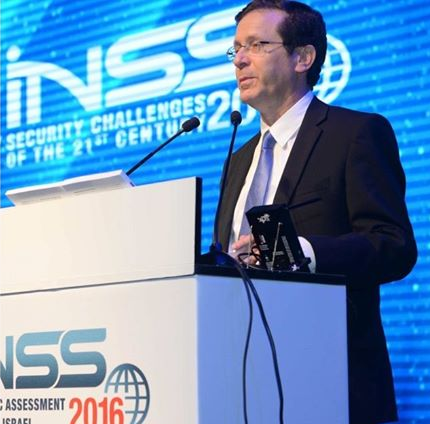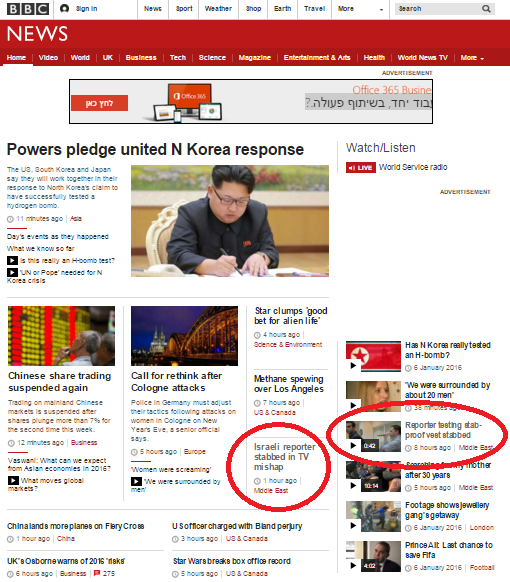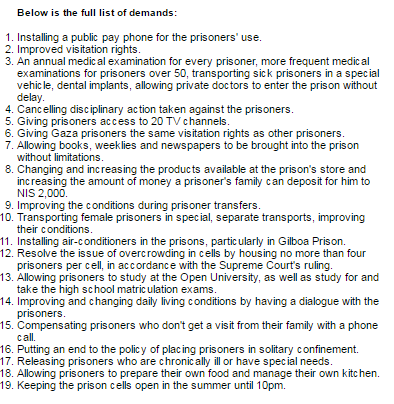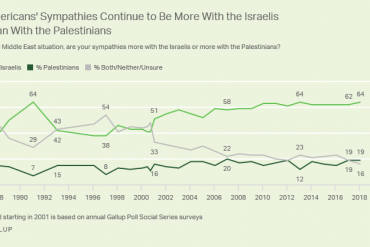BBC coverage of the March 2015 general election in Israel featured no small amount of messaging along the following lines:
“Voters know that the Zionist Union – the name chosen for the alliance between Yitzhak Herzog’s Labour Party and Tzipi Livni’s movement Hatnuah – would approach the prospect of talking to the Palestinians about a “land-for-peace” deal with more enthusiasm than Mr Netanyahu.” (source report discussed here)
“Everyone knows, of course, that the Israeli right, led by Benjamin Netanyahu, is at best sceptical about the prospect of a peace deal with the Palestinians, while the left under Yitzhak Herzog is much keener on the kind of constructive engagement that would keep the White House and the State Department happy.”
“A Herzog-led government might have been a more comfortable partner for the US State Department and for European governments interested in reviving talks.”
“Mr Netanyahu had vowed not to allow the creation of a Palestinian state, while Zionist Union expressed support for a two-state solution and promised to repair relations with Palestinians and the international community.” (source reports discussed here)
Given that portrayal of Yitzhak Herzog and his party as ‘the peace option’ less than a year ago, one might have thought that Herzog’s recent statements concerning the prospects of a two state solution to the Arab-Israeli conflict would have been of interest to the BBC.
“Issac Herzog, leader of the opposition and chairman of the center-left Zionist Union party, said Wednesday that the two-state solution is not a realistic option in the near future.
“I don’t see a possibility at the moment of implementing the two-state solution,” he told Army Radio. “I want to yearn for it, I want to move toward it, I want negotiations, I sign on to it and I am obligated to it, but I don’t see the possibility of doing it right now.” […]
In a move that many considered a sharp turn to the right for the leader of the Zionist Union — a party comprising the stalwart center-left Labor and Tzipi Livni’s dovish Hatnua — Herzog said he saw the need “to complete the security barrier around all of the settlement blocs.””
Herzog’s party has since endorsed his views but to date BBC audiences have yet to be informed of this significant change of approach from the Israeli centre-Left and why it came about.
Related Articles:
Elections 2015 – a postscript on BBC framing of Israeli elections over 23 years
Elections 2015: was the BBC’s coverage impartial?




